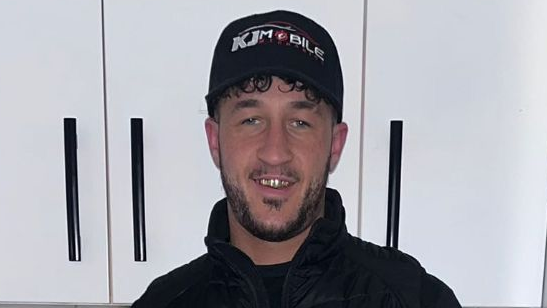Family urge new probe over restrained man's death
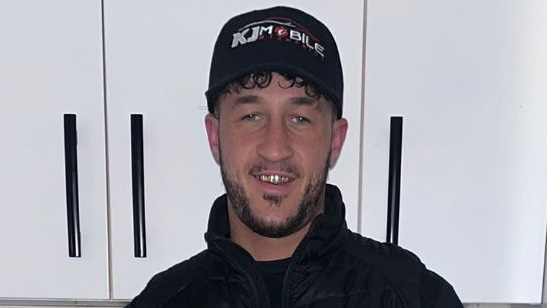
An inquest jury found "gross failings" contributed to Kaine Fletcher's death
- Published
The police watchdog is being urged to conduct another investigation into officers' handling of a man who died hours after being restrained during a mental health crisis.
Kaine Fletcher, 26, died in hospital in Nottingham on 3 July 2022 after a police welfare check escalated into a decision to section him.
An investigation by the Independent Office for Police Conduct (IOPC) - carried out before an inquest into Mr Fletcher's death - found police actions were "reasonable and proportionate".
However, Mr Fletcher's family want the IOPC to take further action after an inquest jury in July concluded "gross failings" by Nottinghamshire Police and others involved contributed to his death.
Nathaniel Ameyaw, Mr Fletcher's father, said: "It took for a jury to uncover things, uncover failings that the IOPC should have done.
"Our hope is that they will investigate again and take a thorough look at the police's policies, procedures, what they should have done, what they didn't do - because it wasn't thorough."
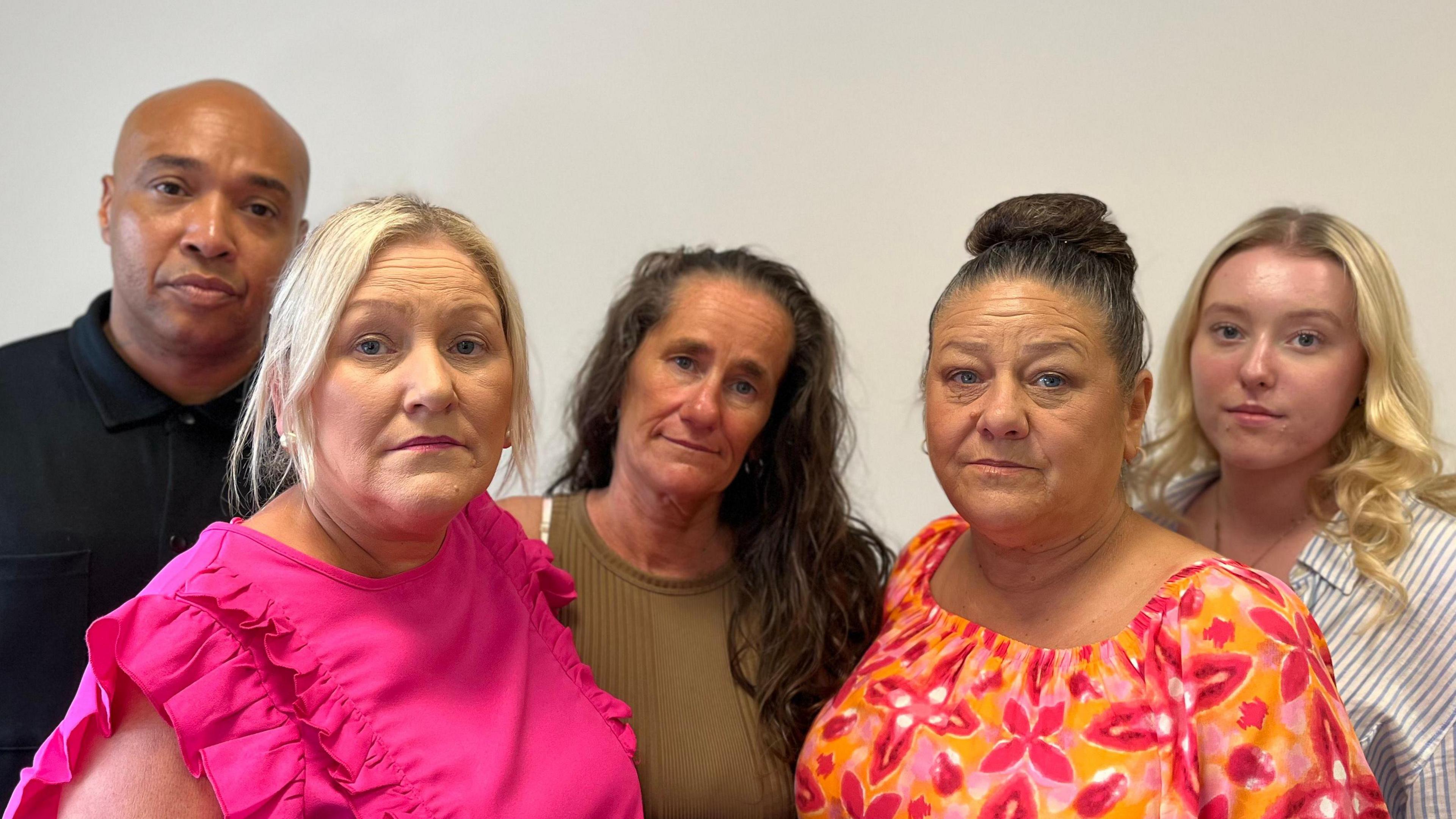
Mr Fletcher's family say they still have unanswered questions about what happened
Mr Fletcher was diagnosed with paranoid personality disorder in 2020 and had struggled with a drug addiction.
Police were called to his accommodation, at young people's charity YMCA, to carry out a welfare check on 3 July 2022 following concerns he would harm himself.
After agreeing to be taken to hospital by the officers, Mr Fletcher suddenly changed his mind, no longer believing they were really police.
He was then detained under the Mental Health Act.
Mr Fletcher was handcuffed, struck and restrained for about 30 minutes by numerous officers.
Eventually an ambulance arrived, and he was taken to the Queen's Medical Centre, where he died.
Officers had been called to the home of Mr Fletcher's mother the day before his death, as he was experiencing another "mental health disturbance".
It was discussed then that he should be sectioned and taken to a place of safety - a decision his family supported.
But under the guidance of a community nurse, Mr Fletcher was taken back to his accommodation with no further intervention.
His condition deteriorated overnight and led to the police welfare check that started the chain of events leading to his death.
Investigation report
Nottinghamshire Police made a referral to the IOPC on 3 July 2022, and the watchdog said it made a decision to investigate on the same day.
The investigation examined police contact with Mr Fletcher on the morning he died, as well as the previous day when officers were called to his mother's address.
It also considered complaints raised by the family about consideration of his mental health, officers' use of force restraining him and an allegation he was treated differently because he was mixed race.
The IOPC's final report was completed in April 2024 and was shared with the coroner and Mr Fletcher's family to assist with the inquest.
The findings were only made public after the inquest concluded.
The watchdog found "no evidence" of a criminal offence or behaviour that justified disciplinary proceedings.
It added there was no evidence supporting the allegation of less favourable treatment of Mr Fletcher.
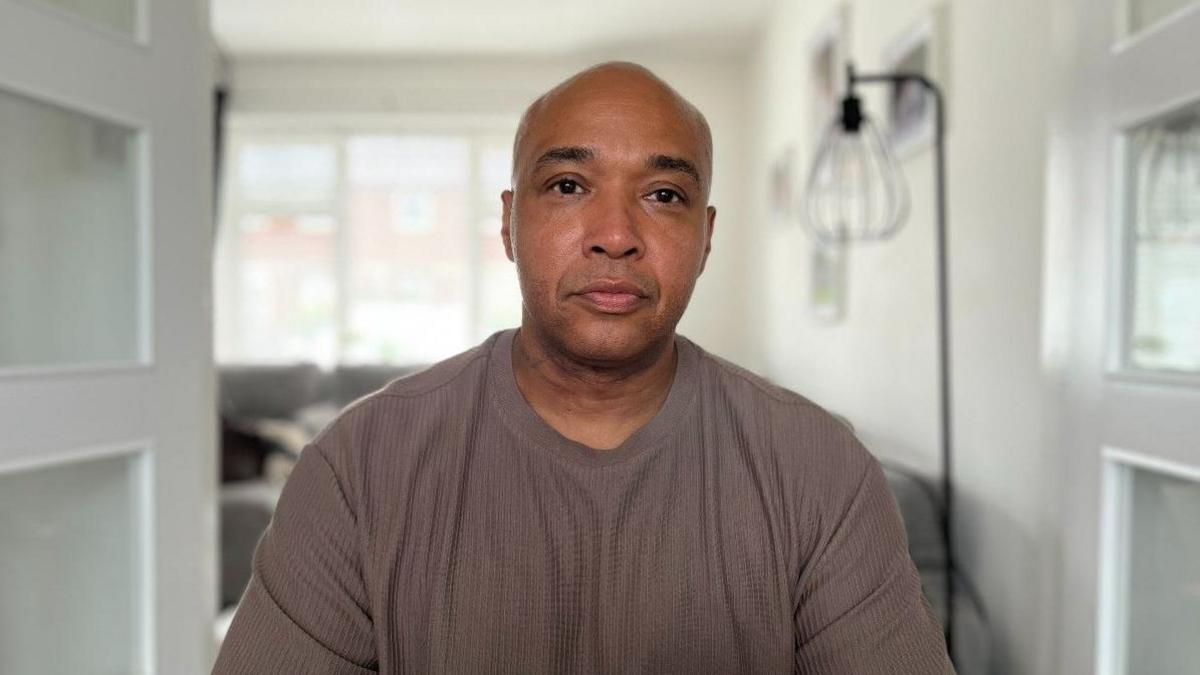
Mr Ameyaw believes the IOPC should look further into police policy in a new investigation
Mr Fletcher's cause of death was recorded as "the physical effects of exertion following a period of restraint, combined with cocaine and other substances".
After a four-week inquest, the jury concluded the level of restraint used by the officers was "appropriate" but found their combined force was "uncontrolled".
The jury said there was "ineffective communication" at the scene and a "lack of clear leadership".
It added police should have considered the length of time Mr Fletcher was kept in restraints and concluded there was a "gross failure" in training across all agencies involved.
The inquest heard how, under a joint policy between police and East Midlands Ambulance Service, officers at the scene should have called for an ambulance.
However, an ambulance was not called for until after the initial period of restraint.
Police, giving evidence at the inquest, told the jury they were unaware of the policy.
'Still fighting for answers'
Mr Ameyaw said he was comforted by the jury's findings and felt it had seen what had happened "the way [he] saw it".
The 49-year-old added: "After my son passed, we had no choice but to put our faith in the IOPC.
"They came and met with us as a family. They came to our home and they assured us that they were going to do a thorough investigation.
"They were the ones that had access to the bodyworn footage, they were the ones that were going to give us the answers."
But Mr Ameyaw said: "As a family we are still fighting for answers and it's very difficult."
Derrick Campbell, IOPC regional director, said: "We have acknowledged the narrative verdict returned by the inquest jury and respect their findings.
"I reiterate my deepest sympathies for Kaine's family and friends for their loss. This is a truly tragic case in which a young man lost his life.
"Our investigation involved a detailed examination of the evidence, including calls made to police, police incident logs, police radio communication, police officers' bodyworn video, officers' training records, CCTV, and medical reports.
"We also obtained witness accounts from all parties involved, including independent witnesses, police officers, and ambulance staff."
Nottinghamshire Police previously said it would reflect on the findings the coroner made and continued to take "all the necessary steps to keep the public and our workforce safe".
If you've been affected by the issues in this story, help and support is available via the BBC Action Line.
Get in touch
Tell us which stories we should cover in Nottingham
Follow BBC Nottingham on Facebook, external, on X, external, or on Instagram, external. Send your story ideas to eastmidsnews@bbc.co.uk, external or via WhatsApp, external on 0808 100 2210.
Related topics
- Published26 July
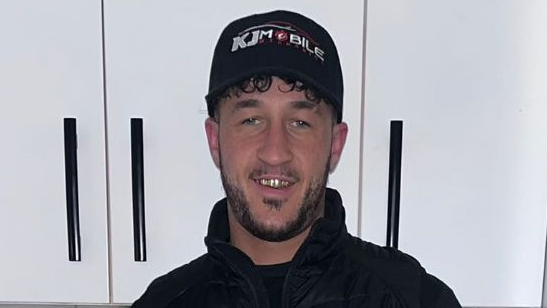
- Published25 July
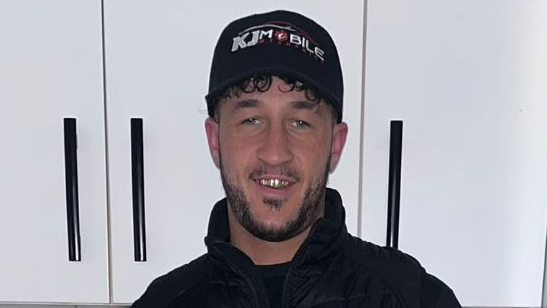
- Published7 July
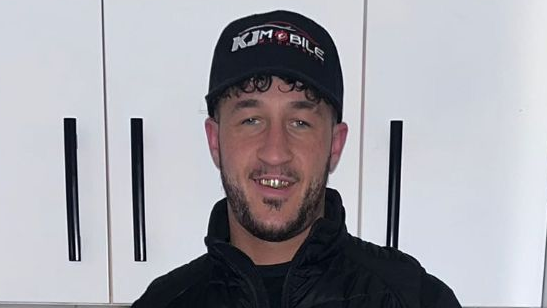
- Published30 June
